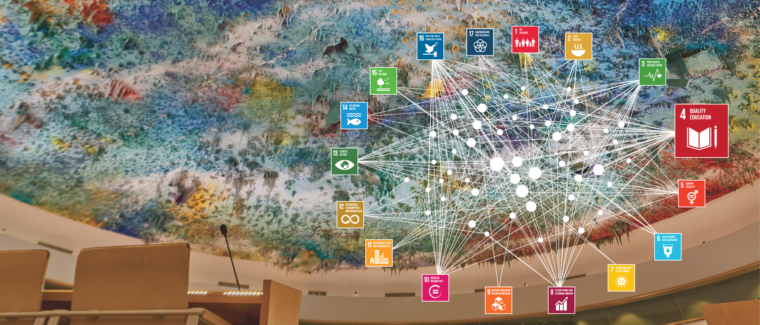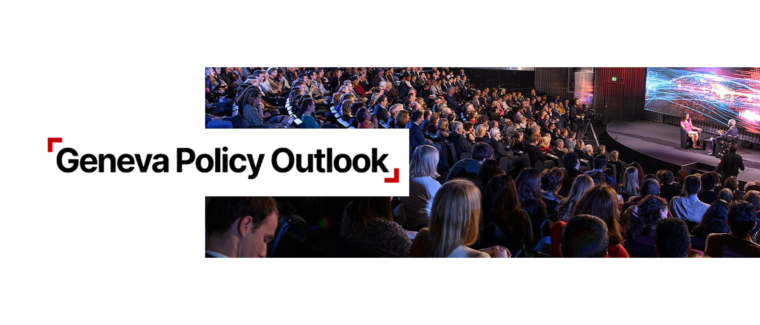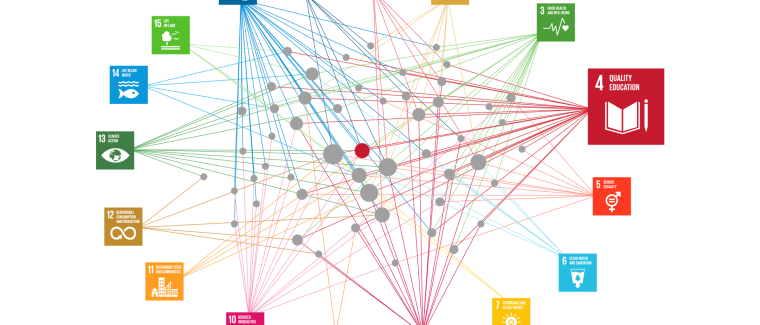International Geneva
International Geneva
International cooperation is critical to realizing the right to education enshrined in many global and national policies and agendas. The city of Geneva is host to 38 international institutions, organizations, approximately 750 NGOs and almost 180 member state missions to the UN Office in Geneva. Education-focused organisations based in Geneva exist within an ecosystem which curtails or enables their decision-making, priorities, funding and ways of knowing. An ecosystem is a network of interconnecting and interacting organizations and stakeholders who address similar problems. Many of these organisations focus on international education cooperation, and yet this education expertise is not mapped or recognised, so many organisations in International Geneva operate as if they existed in isolation.
The 17 Sustainable Development Goals (SDGs) seek to address pressing economic, environmental and social challenges. Quality education is an end in itself: education is a fundamental human right, essential for personal development, empowerment, and fulfilment, and provides individuals with the knowledge, skills, and values needed to lead meaningful and productive lives. Education also holds transformative potential as a means to achieving the SDGs by contributing to just, sustainable and inclusive societies.
Systems mapping makes systems visible through an iterative process of developing a model of the ecosystem with members of that system. Researchers pay attention to members, their contributions, and the relations between them, as well as identifying interdependencies and leverage points in the system. In the absence of a mapping of education expertise in Geneva, organisations may continue to focus on their own priorities, and see each other as competitors (for funding, leadership roles, thought leadership) even when they are working towards similar goals. Moreover, International Geneva will not be recognised as a hub of expertise in education (as it is in health, humanitarianism, labour, peace and sustainable development), despite the presence of a formidable group of organisations and individuals who contribute to the global governance of education.
NORRAG’s International Geneva project focuses on developing understanding of the ecosystem of international cooperation for education located in Geneva, and its effects globally, especially with the Global South. More specifically, this project aims to understand how these education-focused organisations experience, value and use the knowledge products, technical assistance and financial resources circulating in the Geneva ecosystem in ways that further the achievement of SDG 4 and benefit as they listen to stakeholders in the Global South.
Learning Geneva: A platform for planetary human(e) development in the making?
NORRAG contributes to Geneva Graduate Institute flagship publication “Geneva Policy Outlook”
Event Highlights: Mapping the International Geneva Ecosystem in Education
This work was supported by the State Secretariat for Education, Research and Innovation SERI, Swiss Confederation




